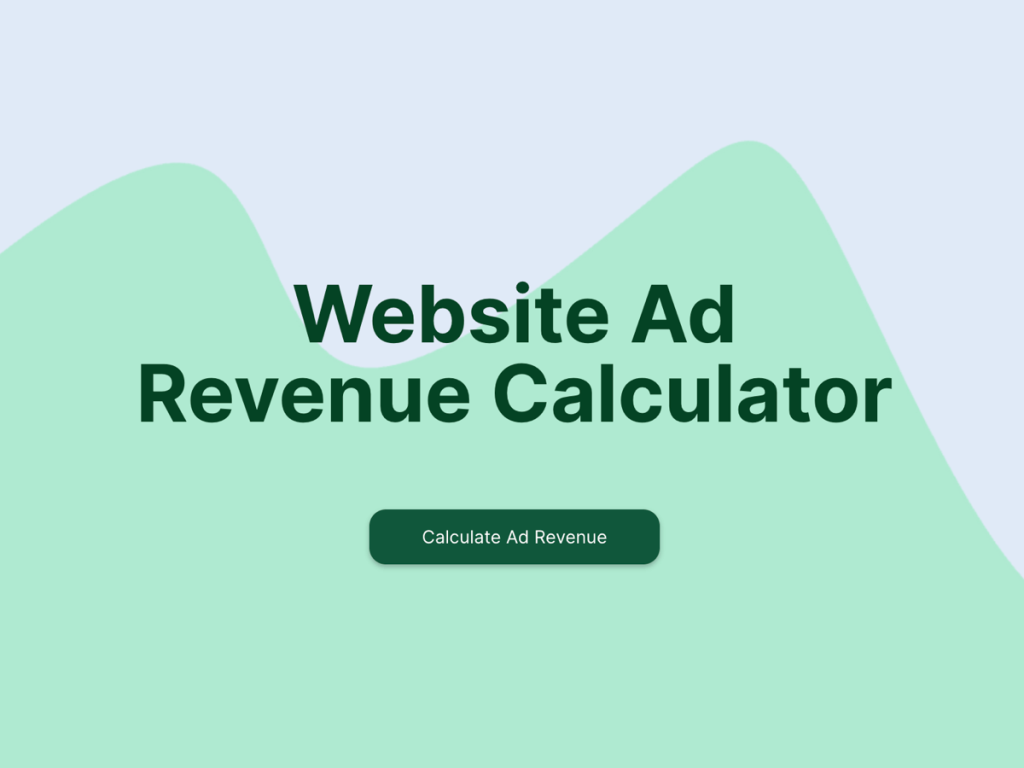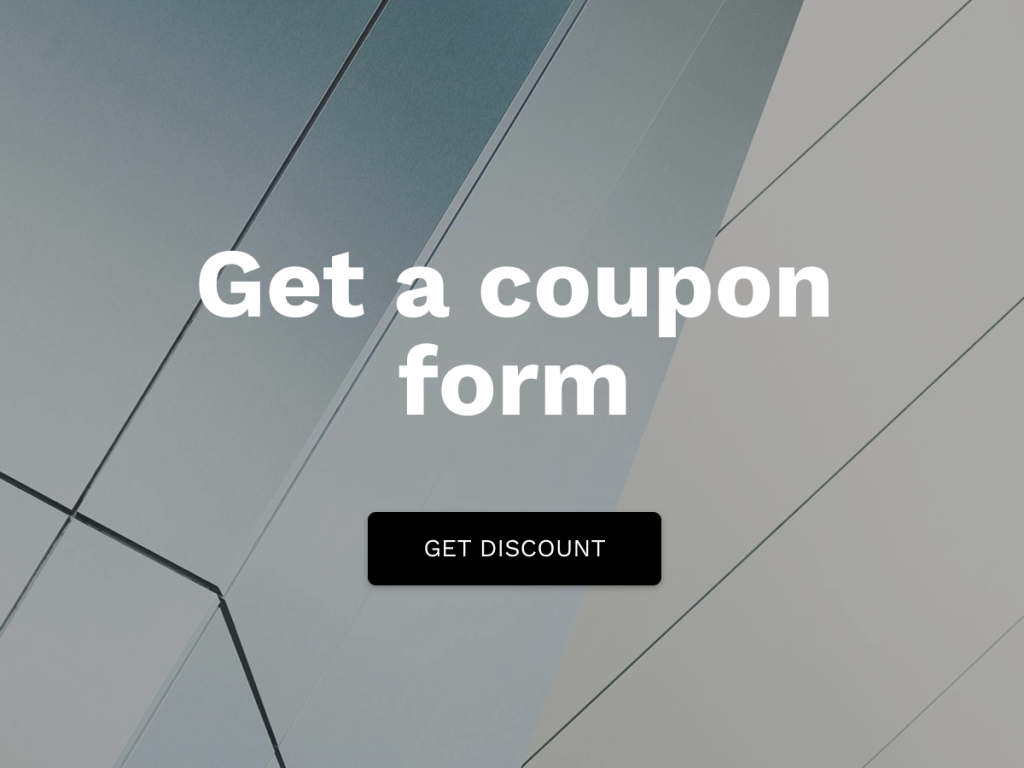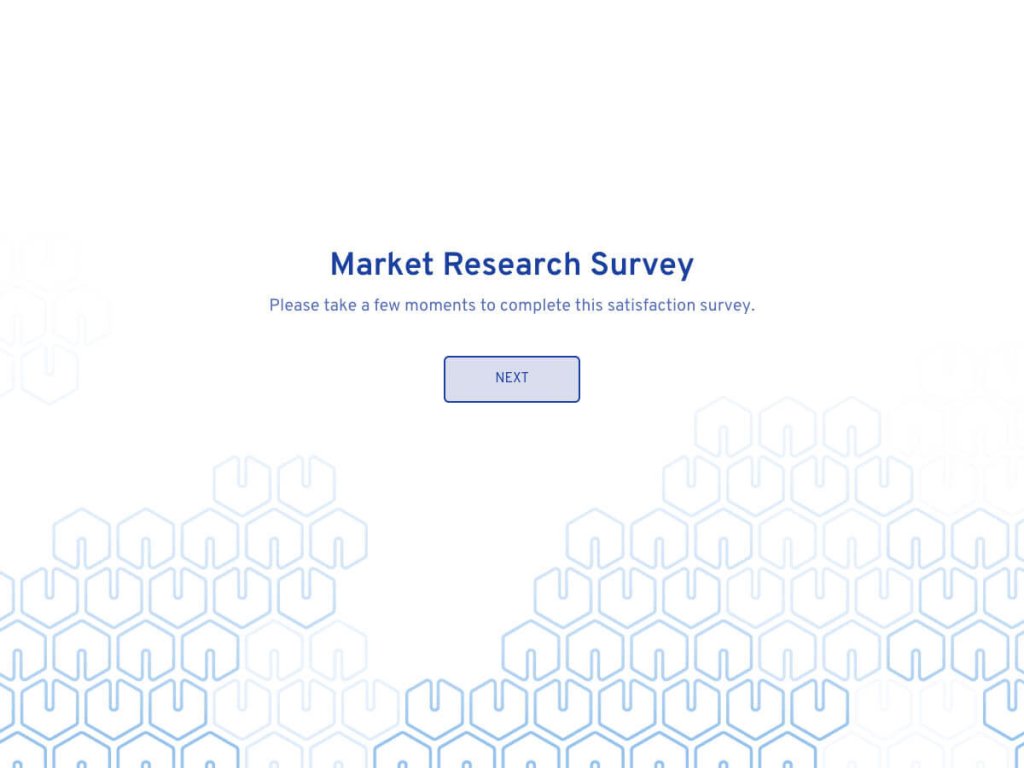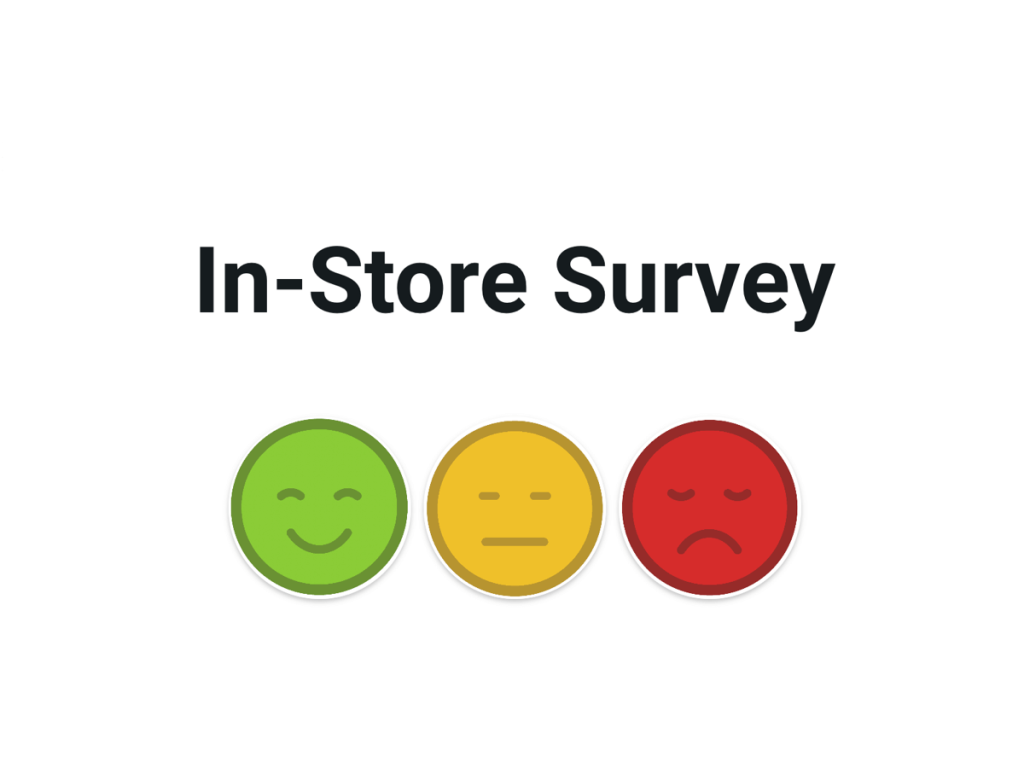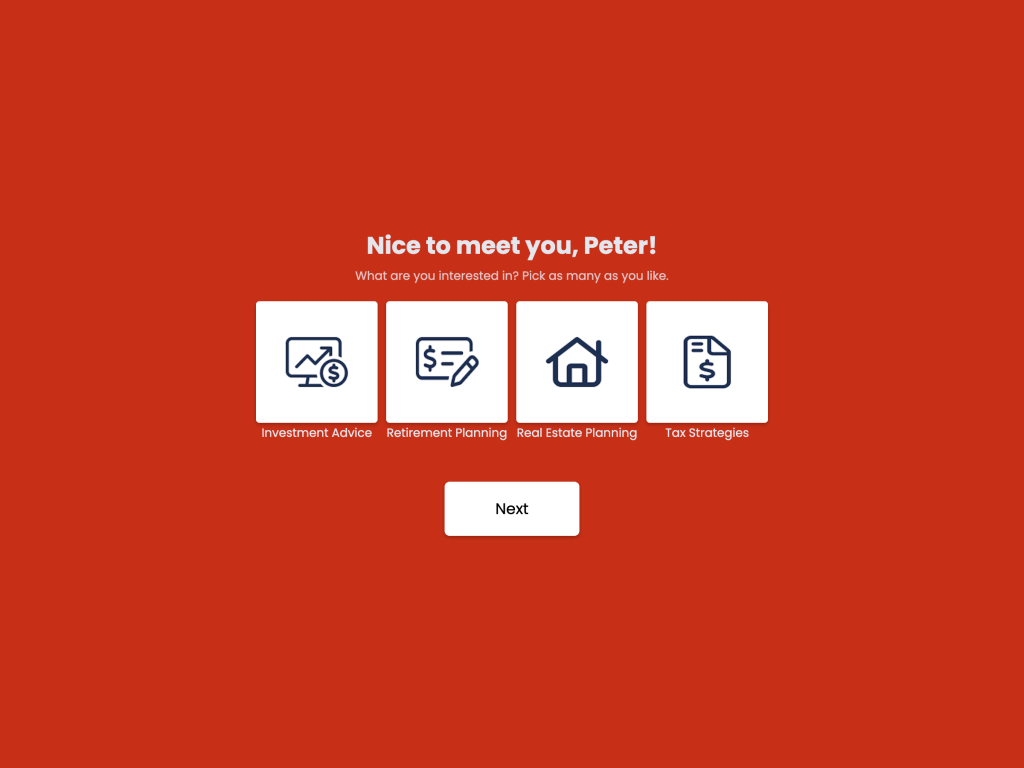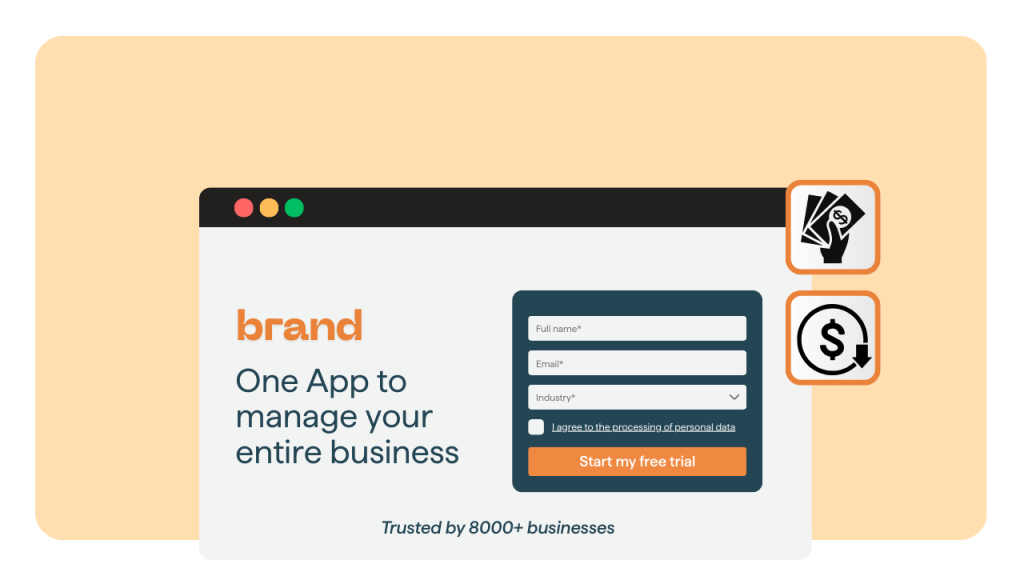'People will forget what you said, people will forget what you did, but people will never forget how you made them feel.' (Maya Angelou)
This sentiment is particularly resonant in the travel industry, where experiences and emotions play a central role.
In fact, 95% of travelers consider reading customer reviews when planning their trips.
A single good or bad review has the power to shift decision-making, thus it's become increasingly important for businesses to grasp and capitalize on customer insights to achieve success in the highly competitive tourism industry.
This article explores the transformative impact of customer feedback on the travel sector and also provides guidelines on creating an effective feedback survey using a no-code survey builder.
The Role of Customer Feedback in the Travel Industry
Let's find out the reasons why incorporating customer feedback is essential for travel businesses:
Enhancing Customer Satisfaction
Feedback serves as a direct line to the customer's needs, preferences, and experiences. Companies can tailor their services to better match what travelers truly desire by actively listening to their reviews. This ranges from making actionable improvements in accommodations to enhancing the overall travel experience.
For instance, a hotel might introduce more family-friendly amenities based on consistent feedback from guests traveling with children. Such responsiveness improves the individual customer's experience and also sets a precedent for future service standards, leading to greater customer satisfaction.
Business Development
Customer feedback provides real-world insights that can inspire new offerings, refine existing services, and identify unmet market needs. For example, an airline might notice a trend in feedback requesting more comfortable seating options for long-haul flights, prompting the introduction of new cabin classes or seat designs. This iterative process of adapting to feedback ensures that businesses stay relevant and competitive. It also opens opportunities for expansion into new markets or niches that may have been previously overlooked, thus driving sustainable growth.
Brand Reputation
Positive reviews, especially when shared on social media channels and online review platforms, can enhance business reputation, attracting potential customers and retaining satisfied customers.
Conversely, bad feedback offers a chance for businesses to demonstrate their commitment to customer service by addressing concerns and resolving issues promptly. The way a company handles feedback, both good and bad, impacts its online reputation. A travel company consistently praised for its customer-centric approach, for example, is more likely to be recommended and trusted, emphasizing the importance of managing and responding to customer feedback effectively.
Strengthening Customer Relations
With the help of customer feedback, marketing teams can develop effective marketing strategies and plan their marketing campaigns to better address the desires and needs of their customer base. This data-driven approach enables businesses to offer special offers and create personalized experiences.
This ultimately leads to customer loyalty, as they feel valued and understood, making them more likely to book trips with a company that aligns with their preferences.
Steps to Create an Effective Customer Survey
Here's a detailed guide on how to craft a successful survey using a no-code survey builder like involve.me, known for its user-friendly drag-and-drop functionality, powerful integrations, advanced customizations, and AI analytics.
Step 1: Defining Objectives
The first step is to define the objectives of your survey. What specific information are you seeking, and why is it important? For instance, if you're creating a "Rate Your Travel Experience" survey, select a template from involve.me's library that aligns with this goal. This step ensures your survey has a clear purpose and direction.

Create Your Own Customer Feedback Survey
Get Started with 200+ Templates
Attorney Referral Form Template
Website Ad Revenue Calculator Template
Get Coupon Code Template
Get Free Consultation Lead Page Template
Know Your Rights Leadgen Quiz Template
Solar Installation Readiness Quiz Template
Step 2: Questionnaire Design
Designing your questionnaire involves adding questions that are straightforward, concise, and relevant to your objectives. Consider including a mix of question types:
Add 0-10 point rating scale questions like "How likely are you to recommend our service to family and friends?"

Questions about specific aspects of the experience, such as the tour guide's helpfulness.
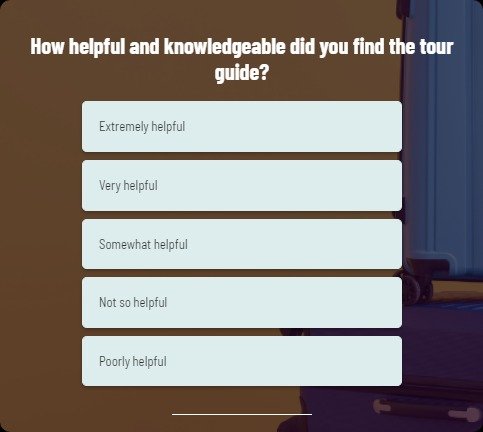
An open-ended question for additional feedback, providing customers an opportunity to share their thoughts in their own words.
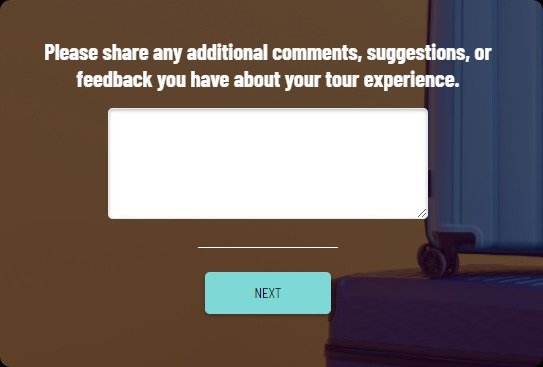
This mix of quantitative and qualitative questions will give you a more comprehensive view of negative or positive customer experience.
Step 3: Design, Preview, and Publish
Utilize involve.me's content elements to customize your survey. This might involve changing the background, adjusting font colors, or adding features like a social media platform sharing option on your 'Thank You' page. Preview your survey to ensure it looks and functions as intended before publishing.
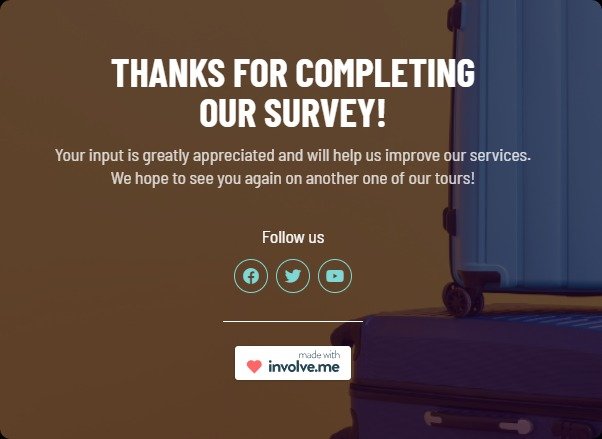
Points to Consider
Survey Distribution: Decide on the distribution method. involve.me offers options like personalized email, QR code, and direct link sharing. Choose the method that best reaches your target audience.

Timing and Frequency: Consider the best time to send out your survey and how often. Timing can direct impact response rates.
Analyzing and Acting on Feedback: Once the responses are in, analyze them to derive valuable insights. Then, implement changes based on this feedback for continuous improvement of your services.
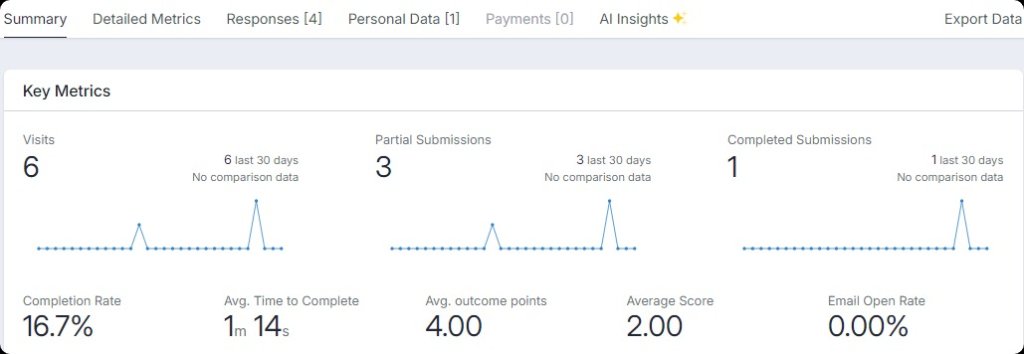
What to Do Next?
Looking forward, the travel industry will likely see an increased reliance on real-time feedback, AI-driven analytics for deeper insights, and more personalized responses to customer needs.
The real challenge for travel businesses lies in their ability to adapt and evolve continually in response to this feedback. To achieve this, tools like involve.me provide an effortless way to create engaging surveys, connecting businesses with their customer base and addressing customer queries. Sign up now and use feedback to enhance the customer journey in the tourism industry, improve your conversion rate, and create exceptional customer experiences.



